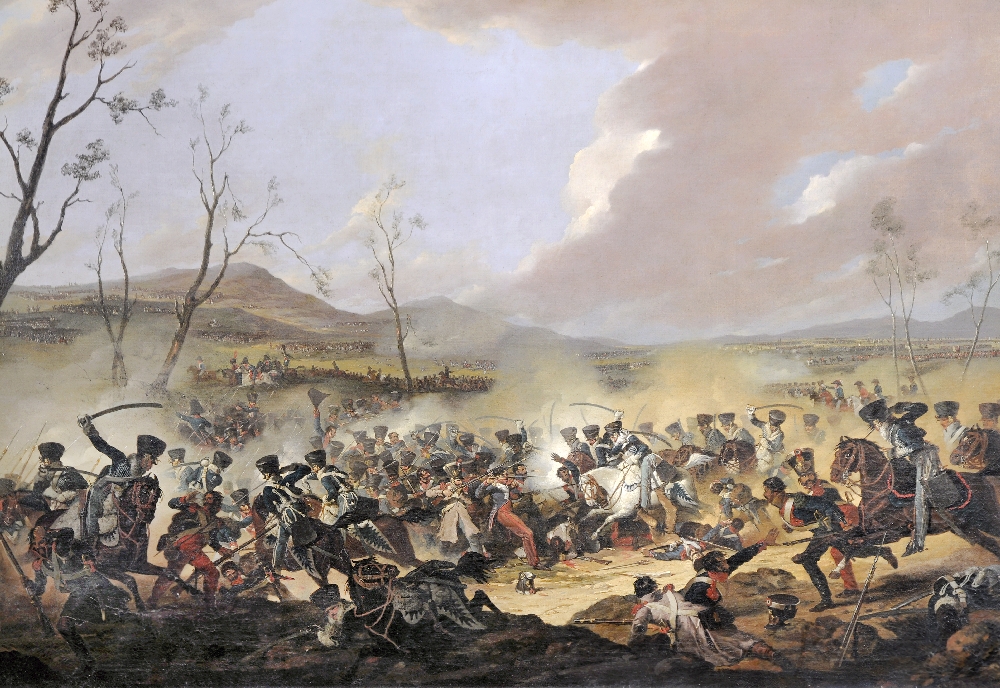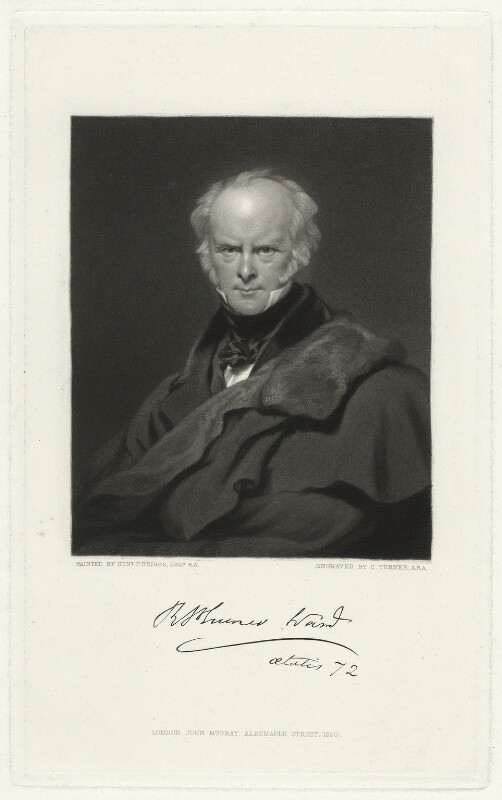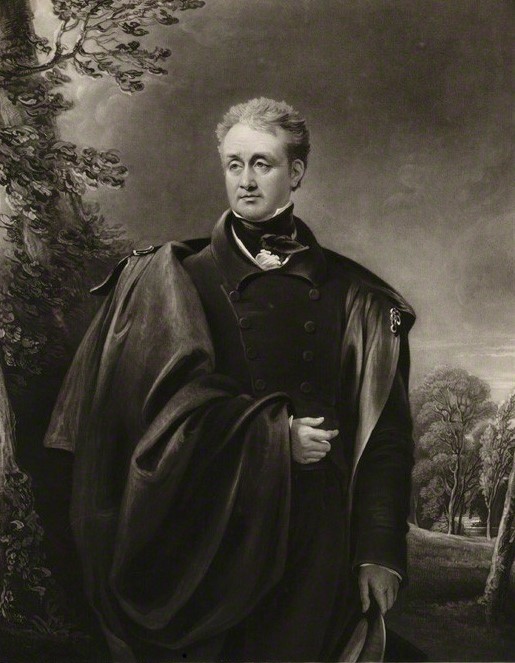|
Clerk Of The Ordnance
{{Infobox official post , post = Office of the Clerk of the Ordnance , body = , nativename = , insignia = File:Badge of the Royal Army Ordnance Corps on a RML 10 inch 18 ton gun in Gibraltar.jpg , insigniasize = 150px , insigniacaption = Board of Ordnance Arms preserved on a gun tampion in Gibraltar , image = , imagesize = , incumbent = , incumbentsince = , department = , member_of = Board of Ordnance (1545-1855) , reports_to = Master-General of the Ordnance , nominator = , appointer = ''Prime Minister'' , appointer_qualified = Subject to formal approval by the King-in-Council , termlength = Not fixed (typically 3–9 years) , inaugural = John Rogers , formation = 1554-1857 , website= The Clerk of the Ordnance was a subordinate of the Master-General of the Ordnance and a member of the Board of Ordnance from its constitution in 1597. He was responsib ... [...More Info...] [...Related Items...] OR: [Wikipedia] [Google] [Baidu] |
Board Of Ordnance
The Board of Ordnance was a British government body. Established in the Tudor period, it had its headquarters in the Tower of London. Its primary responsibilities were 'to act as custodian of the lands, depots and forts required for the defence of the realm and its overseas possessions, and as the supplier of munitions and equipment to both the Army and the Navy'. The Board also maintained and directed the Artillery and Engineer corps, which it founded in the 18th century. By the 19th century, the Board of Ordnance was second in size only to HM Treasury among government departments. The Board lasted until 1855, at which point (tarnished by poor performance in supplying the Army in Crimea) it was disbanded. Origins of the Board The introduction of gunpowder to Europe led to innovations in offensive weapons, such as cannon, and defences, such as fortifications. From the 1320s a member of the Royal Household, the 'Keeper of the Privy Wardrobe in the Tower of London', became increas ... [...More Info...] [...Related Items...] OR: [Wikipedia] [Google] [Baidu] |
Leonard Smelt (politician)
Leonard Smelt ( – 30 May 1740) of Kirkby Fleetham, North Riding of Yorkshire, was an English Whig politician who sat in the House of Commons between 1709 and 1740. Early life Smelt was the eldest son of Leonard Smelt of Kirkby Fleetham and his wife Grace Frankland, daughter of Sir William Frankland, 1st Baronet. He was admitted at Jesus College, Cambridge in 1700. His brother was William Smelt. He married Elizabeth Whitaker. Career In 1709, in an unopposed by-election on 6 May for Thirsk, Smelt became the first person in his family to be an MP. This was thanks to an agreement between Ralph Bell and Smelt's mother's brother Thomas Frankland, the two main interests in the constituency, whereby Bell agreed to support Smelt in return for Frankland supporting Bell's nominee at the next election. In 1710 Smelt succeeded his father to Kirkby Fleetham. In Parliament, he voted in favour of the impeachment of Henry Sacheverell. He stood down from Thirsk at the 1710 British general el ... [...More Info...] [...Related Items...] OR: [Wikipedia] [Google] [Baidu] |
Charles Tennyson D'Eyncourt
Charles Tennyson d'Eyncourt (20 July 1784 – 21 July 1861), born Charles Tennyson, was a British politician, landowner and Member of Parliament for Stamford from 1831 to 1832 and for Lambeth from 1832 to 1852. He is also known for his social pretensions and his graceless behaviour towards his nephew, the poet Alfred Lord Tennyson. He was educated at St John's College, Cambridge. Early life He was the younger son of Elizabeth (née Clayton) Tennyson and George Tennyson, who bought the family seat of Bayons, in the village of Tealby, Lincolnshire, along with 2,000 acres (8 km²) of land, and came in time to own a large part of the village. His elder sister, Elizabeth Tennyson, was the wife of Matthew Russell, MP. At the age of 12, his elder brother George Clayton Tennyson was disinherited by their father, put into a career in the Church, and the family fortune was bestowed on Charles. As a result, there was bad blood between the Tennysons of Somersby, where his brother li ... [...More Info...] [...Related Items...] OR: [Wikipedia] [Google] [Baidu] |
Spencer Perceval (junior)
Spencer Perceval (11 September 1795 – 16 September 1859) was a British Member of Parliament, the eldest son of Prime Minister Spencer Perceval and Jane Wilson. He was also one of the twelve apostles recognized by the movement associated with Edward Irving and known as the Catholic Apostolic Church. Perceval married Anna Eliza Macleod, and had several children. One daughter, Eleanor Irving Perceval ( 1879), married Sir Alexander Matheson, 1st Baronet. One of his grandsons was Sir Edward Marsh Sir Edward Howard Marsh (18 November 1872 – 13 January 1953) was a British polymath, translator, arts patron and civil servant. He was the sponsor of the Georgian school of poets and a friend to many poets, including Rupert Brooke and Siegfr .... Another of his children, John Spencer Perceval, served as a lieutenant in the 1st Waikato Regiment during the Waikato War in New Zealand. He was killed in action during the skirmish at Titi Hill, near Mauku. After he fell, several of his me ... [...More Info...] [...Related Items...] OR: [Wikipedia] [Google] [Baidu] |
Sir George Clerk, 6th Baronet
Sir George Clerk of Pennycuik, 6th Baronet (19 November 1787 – 23 December 1867) was a Scottish politician who served as the Tory MP for Edinburghshire, Stamford and Dover. Background Clerk was the son of Cpt. James Clerk (d.1793), third son of Sir George Clerk-Maxwell, 4th Baronet and Janet Irving. He was born near Edinburgh. He studied at the High School in Edinburgh and then went to the University of Oxford, graduating DCL in 1810. Political career Clerk sat as Member of Parliament for Edinburghshire from 1811 to 1832 and again from 1835 to 1837, for Stamford from 1838 to 1847 and then for Dover from 1847 to 1852. He served as one of the Commissioners of Weights and Measures from 1818 to 1821. He held political office as a Lord of the Admiralty from 1819 to 1830 (from 1827 to 1828 he was a member of the Council of the Lord High Admiral ( The Duke of Clarence), as Under-Secretary of State for the Home Department from 5 August to 22 November 1830, as Parliamentary ... [...More Info...] [...Related Items...] OR: [Wikipedia] [Google] [Baidu] |
Henry Hardinge, 1st Viscount Hardinge
Henry Hardinge, 1st Viscount Hardinge, (30 March 1785 – 24 September 1856) was a British Army officer and politician. After serving in the Peninsular War and the Waterloo Campaign he became Secretary at War in Wellington's ministry. After a tour as Chief Secretary for Ireland in 1830 he became Secretary at War again in Sir Robert Peel's cabinet. He went on to be Governor-General of India at the time of the First Anglo-Sikh War and then Commander-in-Chief of the Forces during the Crimean War. Army career The son of the Rev, Henry Hardinge, Rector of Stanhope, and his wife Frances Best, he was educated at Durham School and Sevenoaks School. Hardinge entered the British Army on 23 July 1799 as an ensign in the Queen's Rangers, a corps then stationed in Upper Canada. He was promoted to lieutenant by purchase in the 4th Regiment of Foot on 27 March 1802 and transferred to the 1st Regiment of Foot on 11 July 1803 before becoming a captain of a company by purchase in the 57th ... [...More Info...] [...Related Items...] OR: [Wikipedia] [Google] [Baidu] |
Robert Plumer Ward
Robert Ward, or from 1828 Robert Plumer Ward (19 March 1765 – 13 August 1846), was an English barrister, politician, and novelist. George Canning said that his law books were as pleasant as novels, and his novels as dull as law books. Life He was born in Mount Street, Mayfair, London, on 19 March 1765, the son of John Ward by his wife Rebecca Raphael. His father was a merchant in Gibraltar, also for many years was chief clerk to the civil department of the ordnance in the garrison there. His mother belonged to a Sephardic Jewish family from Genoa. Robert Ward was educated first at Robert Macfarlane's private school at Walthamstow, and then at Westminster School. He entered Christ Church, Oxford, matriculating on 12 February 1783. In 1785 he became a student of the Inner Temple. Ward then passed some years abroad, and travelled in France during the early part of the revolutionary period. He was called to the bar on 17 June 1790, and soon after went the western circuit. In Lond ... [...More Info...] [...Related Items...] OR: [Wikipedia] [Google] [Baidu] |
Cropley Ashley-Cooper, 6th Earl Of Shaftesbury
Cropley Ashley-Cooper, 6th Earl of Shaftesbury Bt (21 December 1768 – 2 June 1851), styled The Honourable Cropley Ashley-Cooper until 1811, was a British politician. He was the father of the social reformer Anthony Ashley-Cooper, 7th Earl of Shaftesbury. Background Shaftesbury was a younger son of Anthony Ashley-Cooper, 4th Earl of Shaftesbury, by his second wife Mary, daughter of Jacob Bouverie, 1st Viscount Folkestone. He was educated at Winchester School and Christ Church, Oxford. Political career Shaftesbury was elected Member of Parliament for Dorchester in 1790, a seat he held until 1811. The latter year he succeeded his elder brother in the earldom and entered the House of Lords, in which he served as Chairman of Committees. Family Lord Shaftesbury married Lady Anne, daughter of George Spencer, 4th Duke of Marlborough, on 10 December 1796. They had ten children. Their second daughter Lady Harriet Anne married Henry Lowry-Corry and was the mother of Montagu Corry, ... [...More Info...] [...Related Items...] OR: [Wikipedia] [Google] [Baidu] |
John Calcraft (the Younger)
John Calcraft the Younger (16 October 1765 – 11 September 1831), of Rempstone in Dorset and Ingress in Kent, was an English landowner and Member of Parliament. The illegitimate son and principal heir of John Calcraft the Elder, a politician who had made a fortune as an army contractor, Calcraft inherited his father's estates while still a child. The property included control of the pocket borough of Wareham in Dorset, and while still three months short of coming of age he was returned as its Member of Parliament (MP) in 1786. He is not recorded as having spoken in the House during his first Parliament, and did not stand for re-election in 1790, but subsequently re-entered the House, representing Wareham again (1800–1806 and 1818–1831), Rochester (1806–1818) and Dorset (1831). From 1800 until 1828, Calcraft was a Whig, and served briefly as a clerk of the ordnance (1806–1807) when the party held power under Lord Grenville. However, in 1828 he accepted office as Paymas ... [...More Info...] [...Related Items...] OR: [Wikipedia] [Google] [Baidu] |
William Wellesley-Pole, 3rd Earl Of Mornington
William Wellesley-Pole, 3rd Earl of Mornington, (20 May 1763 – 22 February 1845), known as Lord Maryborough between 1821 and 1842, was an Anglo-Irish politician and an elder brother of the Duke of Wellington. His surname changed twice: he was born with the name Wesley, which he changed to Wesley-Pole following an inheritance in 1781. In 1789 the spelling was updated to Wellesley-Pole, just as other members of the family had changed Wesley to Wellesley. Origins He was born as William Wesley, at Dangan Castle, the second son of Garret Wesley, 1st Earl of Mornington, by his marriage to Annie Hill, a daughter of Arthur Hill-Trevor, 1st Viscount Dungannon. He was the younger brother of Richard Wesley, later Marquess Wellesley, and the elder brother of Arthur, who became Duke of Wellington, and of Henry, who became Lord Cowley. Early life Wesley was educated at Eton (1774–1776) before entering the Royal Navy as a midshipman, serving in the Navy between 1777 and 1783; most nota ... [...More Info...] [...Related Items...] OR: [Wikipedia] [Google] [Baidu] |
John Sargent (1750–1831)
John Sargent (1749 – 9 September 1831) was a British Member of Parliament and administrator. He was born a younger son of John Sargent, MP of Halstead Place, Kent and educated at Eton College (1760–67) and St. John’s College, Cambridge (1767) before studying law at Lincoln's Inn from 1770. He held a wide variety of offices: Director of the Bank of England (1778–79), Gentleman of the Privy Chamber (1784), member of the Board of Agriculture (1803), Clerk of the Ordnance (1793–1802), joint Secretary to the Treasury (1802–1804) and a Commissioner of Audit (1806–21). He also served as Member of Parliament for Seaford from 1790 to 1793, for Queenborough from 1794 to 1802 and for Bodmin Bodmin () is a town and civil parish in Cornwall, England, United Kingdom. It is situated south-west of Bodmin Moor. The extent of the civil parish corresponds fairly closely to that of the town so is mostly urban in character. It is bordere ... from 1802 to 1806. On 21 Decem ... [...More Info...] [...Related Items...] OR: [Wikipedia] [Google] [Baidu] |
Humphrey Minchin
Humphrey Minchin (1727–1796) was a British politician who sat in the House of Commons between 1778 and 1796. Minchin was the eldest son of Paul Minchin of Ballinakill, King's County and his wife Henrietta Bunbury, daughter of Joseph Bunbury of Johnstown, county Carlow. He entered Trinity College, Dublin on 11 January 1742, aged 14. He married Clarinda Cuppidge, daughter of George Cuppidge of Dublin on 4 August 1750. In 1774 Minchin canvassed Wootton Bassett but withdrew without becoming a candidate. He was elected Member of Parliament for Okehampton at a by-election on 11 June 1778 on the interest of John Spencer, 1st Earl Spencer. He was re-elected after a contest in 1780. In 1783 from April to December he was Clerk of the Ordnance. He was nominated again by the Spencer family at Okehampton in the 1784 general election. Although he was defeated, he petitioned and was seated on 27 April 1785. Spencer intended giving up his interest at Okehampton at the next election and mad ... [...More Info...] [...Related Items...] OR: [Wikipedia] [Google] [Baidu] |





.jpg)